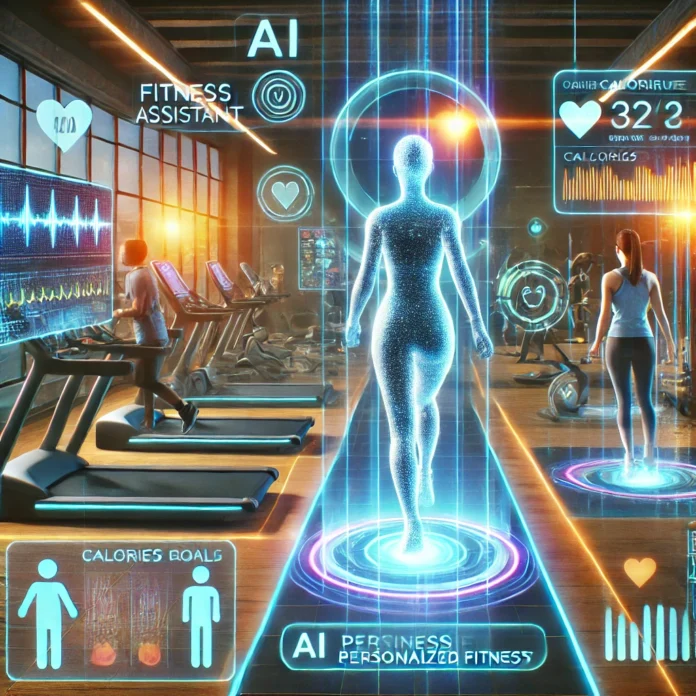Staying fit and healthy has always been a personal journey, influenced by individual goals, body types, and lifestyles. However, traditional fitness plans often adopt a one-size-fits-all approach, failing to account for unique differences. Artificial Intelligence (AI) is reshaping this landscape by offering highly personalized fitness solutions that adapt to individual needs, making health and wellness more achievable for everyone.
Personalized Workout Plans
AI-powered fitness apps like Fitbod and Freeletics analyze user data, including fitness goals, activity levels, and physical capabilities, to design customized workout plans. These apps use machine learning to adjust exercises based on progress, ensuring workouts remain challenging and effective.
For example, Fitbod dynamically updates training routines after each session, factoring in muscle recovery and user performance. This level of personalization helps users avoid plateaus and reduces the risk of injury.
Nutrition Tailored to Your Needs
AI also plays a significant role in personalized nutrition. Platforms like Noom and Lumen analyze user habits, metabolic data, and health goals to provide tailored dietary recommendations.
- Noom combines AI with psychological insights to promote sustainable lifestyle changes, offering meal suggestions based on preferences and caloric needs.
- Lumen measures metabolism in real-time using a breath analysis device, allowing users to optimize carb and fat intake based on their body’s energy requirements.
These tools help individuals make informed food choices that align with their fitness objectives.
Real-Time Coaching and Motivation
AI enhances motivation by offering real-time coaching through virtual assistants like Vi Trainer and MyFitnessPal’s AI companion. These systems provide instant feedback during workouts, correcting form, suggesting alternatives, and offering encouragement.
Gamification elements powered by AI, such as tracking milestones and awarding badges, make fitness routines more engaging. Apps like Strava foster community connections, using AI to compare performances with peers and share progress, which motivates users to stay consistent.
Tracking Progress and Insights
Wearable devices like Fitbit, Garmin, and WHOOP utilize AI to monitor heart rate, sleep quality, and activity levels. These insights help users understand their overall health and make adjustments to their fitness routines.
For instance, WHOOP uses AI to analyze recovery data and recommend optimal exertion levels for training, ensuring users maximize performance while avoiding burnout.
Breaking Barriers in Accessibility
AI democratizes fitness by making expert-level guidance accessible to everyone. Virtual trainers and tailored recommendations are often far more affordable than hiring personal trainers or nutritionists. This accessibility empowers individuals from diverse backgrounds to take control of their health.
Challenges and Ethical Considerations
While AI enhances personalization, it relies heavily on user data. Privacy concerns arise as sensitive health information is collected, analyzed, and stored. Developers must implement robust data protection measures to ensure user trust.
Moreover, over-reliance on AI could lead to users undervaluing the role of professional trainers and medical experts, particularly for individuals with complex health conditions.
Conclusion
AI is revolutionizing personalized fitness by delivering customized workout plans, nutrition insights, and real-time coaching. While challenges remain, its potential to enhance accessibility and engagement makes it a transformative tool in health and wellness. By blending technology with human commitment, AI helps individuals achieve their fitness goals in smarter, more sustainable ways.





